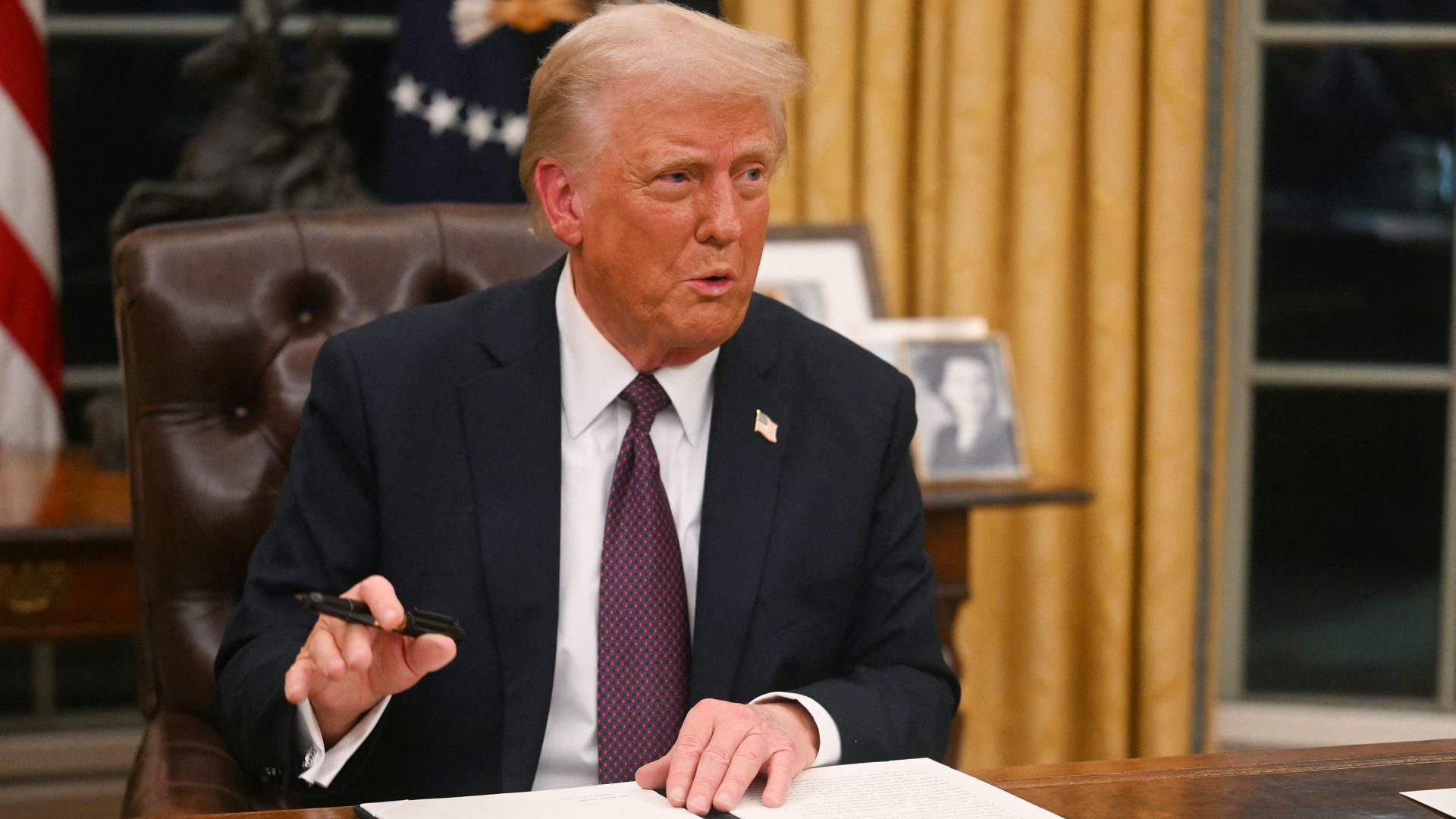
The United States Withdraws from the World Health Organization
The United States has officially begun the process of withdrawing from the World Health Organization (WHO) following an executive order signed by President Donald Trump on January 20, 2025. This decision, announced on the President’s first day in office during his second term, has reignited global discussions about the U.S. role in international health initiatives and the future of global public health cooperation.
The rationale behind this decision includes criticisms of the WHO's handling of the COVID-19 pandemic, particularly its response to the initial outbreak in Wuhan, China, and allegations of undue political influence from member states. The administration argues that the organization failed to adopt necessary reforms and has been ineffective in addressing global health crises. Additionally, the President pointed to financial disparities, citing that while the U.S. provides nearly one-fifth of the WHO's budget, countries like China contribute significantly less despite their larger populations.
Also Read:- Maple Leafs Dominate Lightning in Crucial Atlantic Division Clash
- Knies Shines with Impressive Goal Against Lightning
Key actions outlined in the executive order include halting U.S. funding to the WHO, recalling personnel involved with the organization, and identifying new partners for international health activities previously coordinated through the WHO. The order also revokes previous policies under President Biden that had reinstated U.S. involvement in the WHO after an earlier withdrawal attempt during Trump’s first term.
Critics of the decision warn of severe consequences for global and domestic health. Experts have expressed concerns that withdrawing from the WHO could weaken efforts to combat infectious diseases such as malaria, tuberculosis, and HIV/AIDS. Moreover, the move could damage U.S. scientific leadership and its ability to influence international health policies.
Proponents argue the withdrawal is necessary to safeguard U.S. resources and ensure accountability in global health governance. While the decision has sparked debate, it underscores the administration's broader emphasis on reshaping international commitments and prioritizing national interests in global health affairs. Only time will reveal the long-term implications of this historic step for both the U.S. and global public health.
Read More:



0 Comments